A philosopher obstinately searching for truth in the 1700s, badgered by the church for speaking out on human rights and the hypocrisy of the ruling elite, Skovoroda was forced to live an unsettled life.
Hryhoriy Skovoroda (1722–1794), dubbed a “wandering” philosopher, was one of the most colourful figures in 18th century Ukraine. He spent most of his life travelling about the country and spoke out in defence of justice and freedom for the common folk, often to his own detriment. His songs became folk songs, and his parables helped drive philosophical thought in many Slavic countries.
Precursor is a panoramic, factually accurate novel, painting a realistic picture of life in the Russian Empire. It is an illustration of the epitaph on Skovoroda’s gravestone: “The world pursued me, but failed to catch me.”
This book has been published with the support of the Translate Ukraine Translation Program.
[real3dflipbook id=’134′]
Only logged in customers who have purchased this product may leave a review.
Author
Vasyl Shevchuk (1932–1999) was born into a farming family in Barashi, Zhytomyr Province, Ukraine. After graduating in Philology from Kyiv State University, he worked as a script editor at the Dovzhenko Film Studios and then later for the newspaper Literaturna Ukraina. Fired from his job after he stepped up to defend a colleague, he subsequently had problems publishing his works for almost a decade in the 1970s for not conforming to the line of the Communist party.
In the 1950s he began to be published as a poet, but then turned to prose in the 1960s. The novel Precursor (1969, 1972; in Russian, 1972), about the life of the Ukrainian philosopher Hryhoriy Skovoroda, was published to wide acclaim, and this inspired the author to pen a series of historical novels, among them Pobratymy (1972, 1982, 2021), published in English as Blood Brothers (1980), and two novels about Taras Shevchenko – Son of Freedom (Syn voli, 1984) and Thorny World (Ternovyi svit, 1986). The novel Passions for Mykolay (Strasti za Mykolaiem), about the composer Mykola Lysenko, appeared posthumously in 2007 and was republished in 2021.
Vasyl Shevchuk lived and worked in Kyiv. He was legendary for his style of writing – he would first create the entire text in his head, and then commit it to paper, making almost no corrections to the manuscript.
Republished again in 2021, Precursor has been included in the Ukrainian school curriculum.
Translator
Born in Melbourne, Australia in 1954 and educated as an engineer, Yuri Tkacz left the profession to translate a broad range of works from Ukrainian by such authors as Kaczurowskyj, Honchar, Dimarov, Valeriy Shevchuk, Kariuk, Vynnychenko, Yanovsky and Antonenko-Davydovych. He lived and worked in Canada in the 1980s and in Ukraine in the 1990s. His translations of Hardly Ever Otherwise by Matios, Hard Times by Vyshnia and The Lawyer from Lychakiv Street by Kokotiukha have been published by Glagoslav Publications.
Endorsements and Review Quotes
“Hryhoriy Skovoroda (1722–1794) was a Ukrainian freedom-loving patriot, an eighteenth-century philosopher who teased and taunted the rich and powerful. <…> Shevchuk’s wise and charming novel, first published in 1969, is <…> a standard text now in Ukrainian schools”. Robert Blaisdell, Russian Life
“Skovoroda is an admirable, but difficult character, those who know him very understandably find it almost impossible to follow the path he takes through life. There’s a warmth to the novel that comes from the author’s deep love for his country which shines through in his descriptions of Ukraine’s countryside and cities. There are also lovely descriptions of traditional folk songs, the songs Skovoroda is moved to compose himself, and plenty of pungent Ukrainian sayings to spice things up.” Gallimaufry Book Studio
“Based on fact, this is historical fiction at its best and makes a compelling read. [T]he book is a wonderful portrait of a little-known but fascinating figure, and it deserves a wide readership.” Mandy Jenkinson, Historical Novel Society
“You could almost say that Ukraine is one of the main characters, and the way in which it is depicted is often bucolic: at its best, a landscape of bees, guelder roses, cherry blossom, flute music, beautiful cities, and hospitable people who frequently burst into song.” Darcy Hurford, RivetingReview
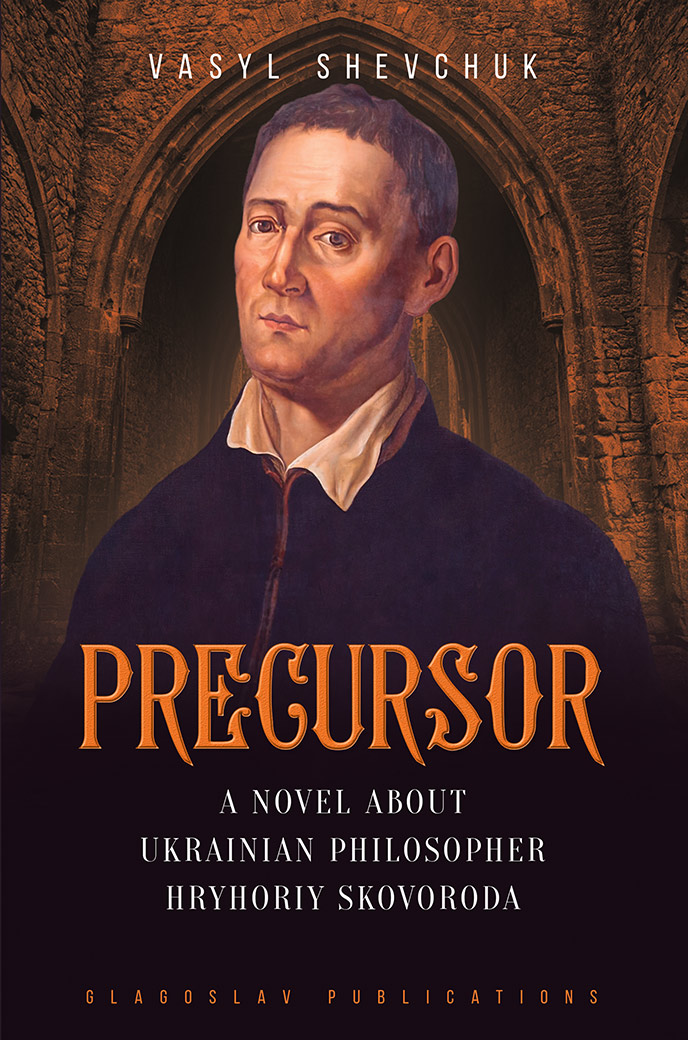
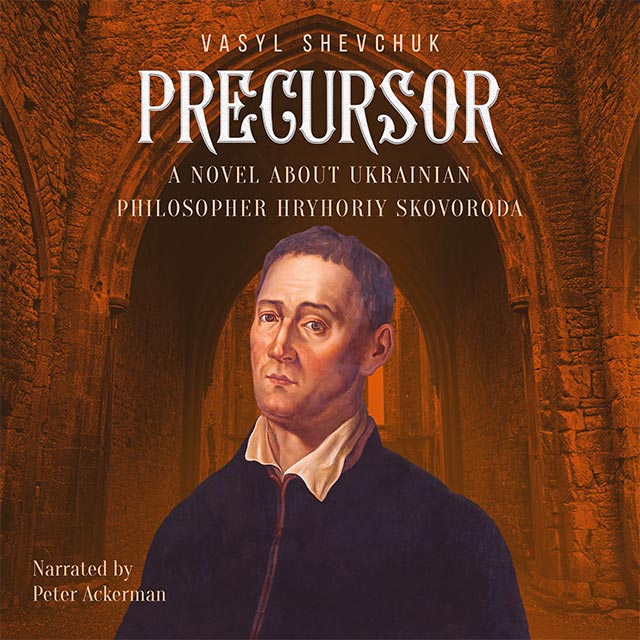

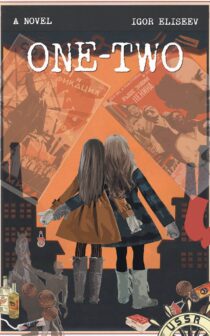
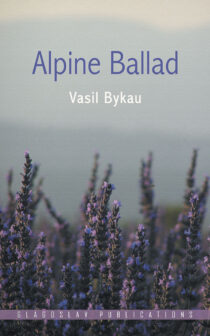
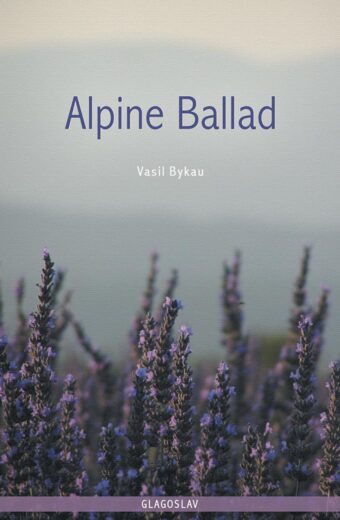
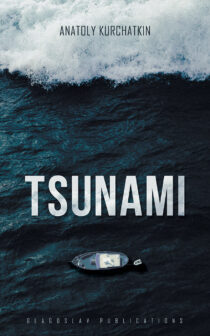

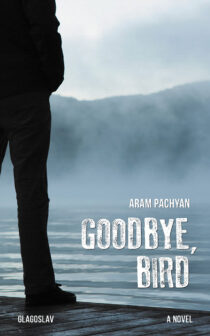

Reviews
There are no reviews yet.